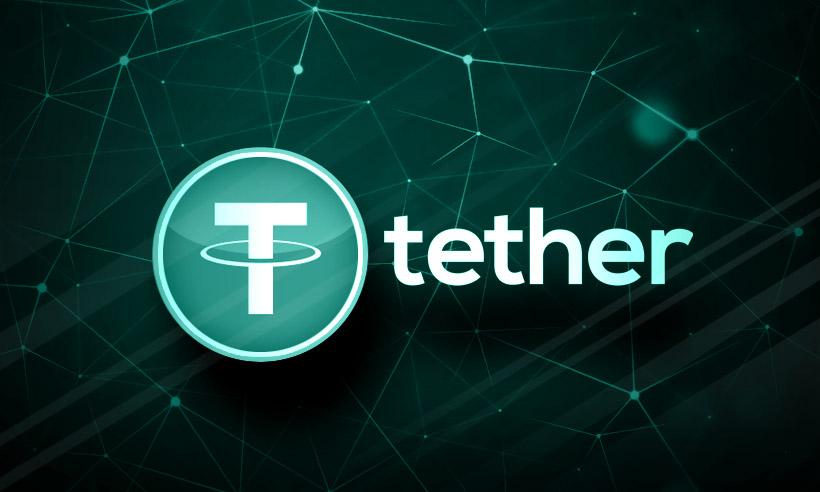Oct 3, 2022
by Usha Yadav
Tether Cuts Its Commercial Paper Holding To Less Than $50 Million
.
Disclaimer: The views and opinions expressed in this article are for informational purposes only and do not constitute financial, investment, or other advice. Investing in or trading crypto assets comes with a risk of financial loss.
Usha is a diehard crypto enthusiast and has been actively writing on different facets of the blockchain and crypto world. She has authored many research articles on cryptocurrency and aims to provide informational and quality content to readers. She firmly believes that crypto has a great potential to redefine the world of finance and blockchain.
